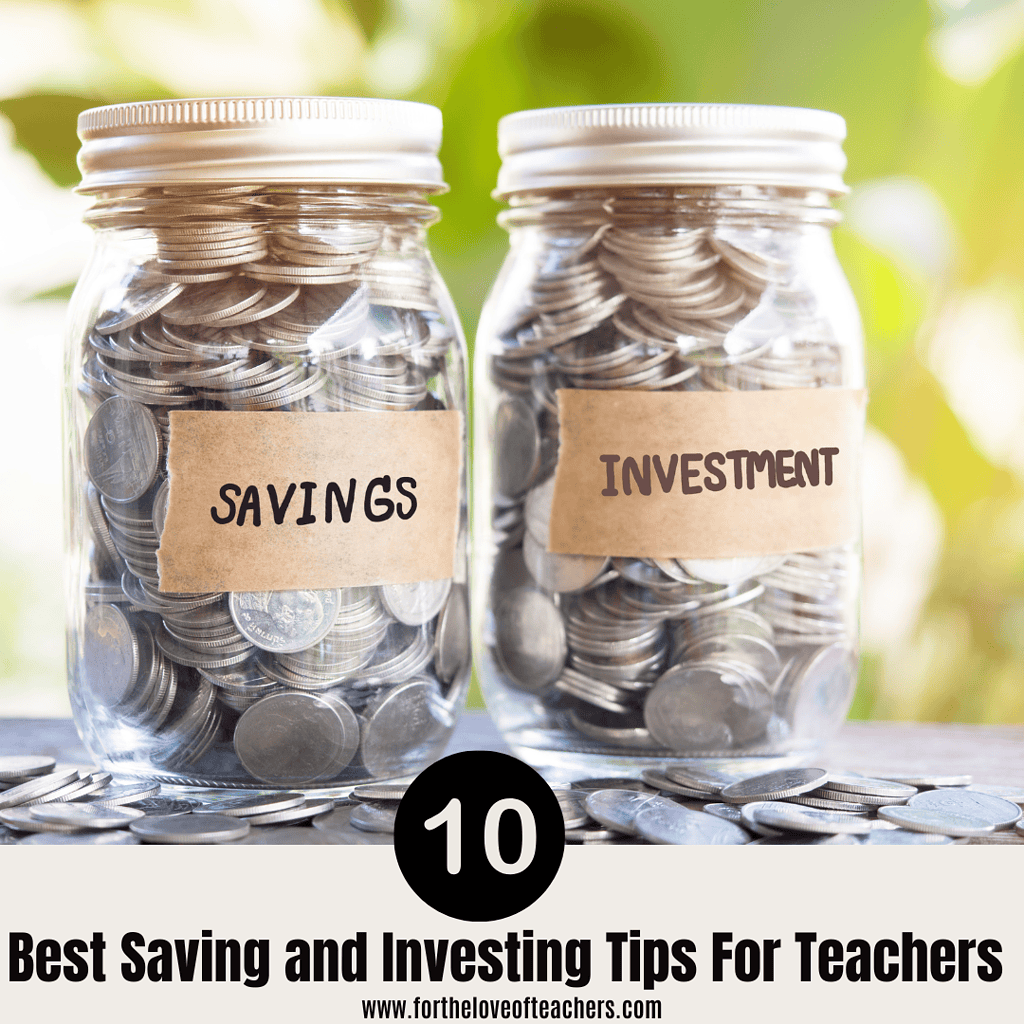Teachers remain egregiously underpaid despite playing crucial roles in educating the next generation of human beings. In the United States, public K-12 teachers with master’s degrees are paid significantly less than other professionals holding other degrees. The low pay dissuades many from pursuing a career in education, and teacher shortages are common in countries where funding fails educators.
However, that unfortunate reality shouldn’t stop teachers from taking control of their finances. Regardless of salary, there are always avenues to save and invest to maximize income. While it certainly won’t be easy, financial independence goes a long way towards easing anxiety around next month’s rent. Here’s a list of practical tips to start your journey towards financial freedom.
1. Track All of Your Expenses
Understanding where your money goes monthly is the first step of any valid financial plan. Track everything you spend, from small coffee purchases to larger bills. While some expenses may seem small individually, the real danger comes from cumulative spending. Use a budgeting app for the most convenient and in-depth data recording. Ensure the app offers expense categories so you can see exactly which spending costs you the most. Diligence is key when it comes to tracking these expenses.
2. Set a Strict Budget Plan
After tracking your expenses, create a clear budget that aligns with your income. Decide how much to allocate for necessities, savings, and leisure. For instance, if you know that a portion of your income goes to classroom supplies, factor that into your budget. Setting firm limits helps avoid overspending and ensures money doesn’t get lost in the void of miscellaneous expenses.
3. Start a Savings Account
Open a dedicated savings account that isn’t easily accessible for daily spending, such as in a separate bank with high interest rates. This way, you separate savings from regular expenses. Deposit at least 30% of your income directly into this account each month. For example, setting aside what you might usually spend on a coffee every day can quickly grow into a more significant fund.
4. Always Pay Bills on Time
Paying bills promptly prevents late fees and keeps your credit score in good shape. Set reminders for due dates or automate payments so nothing slips through the cracks. Imagine paying your electric bill late, leading to additional fees that could have gone to any other expense instead. Avoiding such penalties helps keep your budget intact and frees up more money for other goals.
5. Avoid Credit Cards
While credit cards offer convenience, they often lead to debt if not handled responsibly. Instead of relying on credit for everyday purchases, use cash or debit to avoid the temptation of overspending. For example, rather than charging a new computer to a credit card, save up and buy it outright. Even the presence of a credit card can cause temptation, so it is best to avoid it entirely.
6. Prioritize Your Emergency Fund
An emergency fund provides financial security in case of unexpected expenses like medical bills or car repairs. Aim to set aside enough to cover a few months of living expenses. If you suddenly face a costly car repair, having this fund allows you to handle the situation without going into debt. Building this fund should be a top priority before focusing on other investments.
7. Invest in Healthcare
Health-related expenses can be overwhelming, especially for teachers who often deal with high-stress levels. Invest in good healthcare, whether through your employer or an independent provider. Regular checkups, a solid health insurance plan, and maintaining wellness help prevent bigger medical costs down the road. For example, catching a health issue early through a routine exam can save significant money on treatments later.
8. Max Out Your Retirement Plans
Take full advantage of retirement accounts and do your due diligence, as different districts may offer different benefits. Doing so early when you are at the peak of your financial earnings ensures your retirement future. For instance, if your school matches a percentage of your contributions, you’re essentially receiving free money for your future. This ensures that your retirement years are financially secure.
9. Research Dependable Stock Options
Beyond traditional savings, investing adds another layer to your financial growth. Beginners should start by researching reputable investment options, such as funds of funds with expert management and support. Consider seeking professional advice to make informed decisions. A teacher who invests in assets with a history of steady returns can build wealth over time, supplementing their salary with potential gains.
10. Move to Places with Better Salaries for Educators
Location plays a big role in a teacher’s earning potential, whether as a teacher or in a role where education experience is valued. There are always new opportunities outside the classroom for the savvy professional. For example, moving from a rural district to a city with higher pay rates can significantly boost your income, even after adjusting for the cost of living. This gives you more financial flexibility to save, invest, and enjoy a better quality of life.
Final Thoughts
Teachers have every right to their financial security, even if the state doesn’t provide it as best as it could. The tips laid out above are only the foundation of greater things. Still, these won’t come simply. It could take years to even reach the stage where healthcare is no longer an active concern. Even so, it’s worth the pursuit, especially for educators who want to teach as many children as possible.
Related Posts:
5 Smart and Savvy Ways to Save Money as a Teacher
Stretching Your Salary: 5 Creative Ways for Teachers To Save
Debt Management Tips For Teachers: How To Stay Afloat and Avoid Financial Stress
Why It’s Important to Teach Students How To Save Money
Thanks for reading!
If you like it, then pin it!

Christine Weis is a passionate educator, classroom management coach, wife, and mom of two busy boys. She enjoys teaching, writing, and creating resources for teachers.







Leave a Reply